Blog
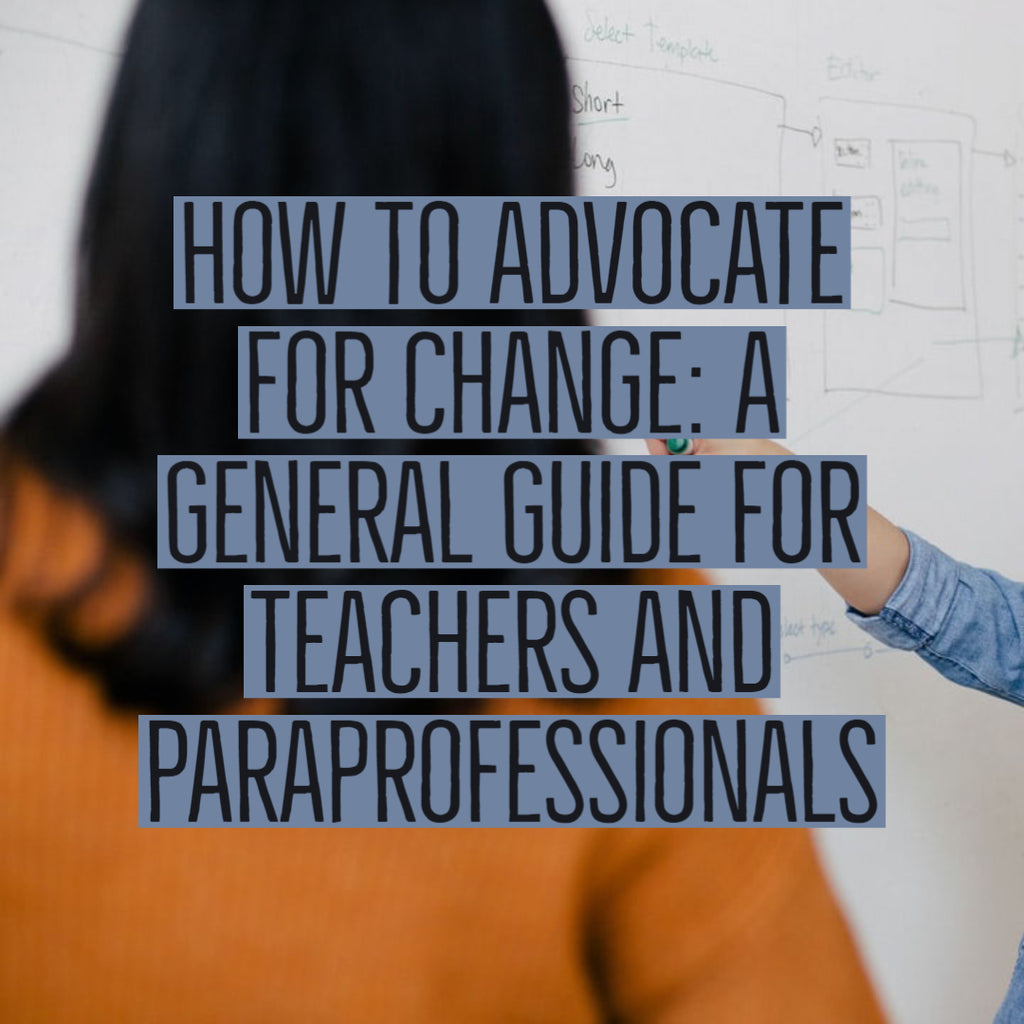
How to Advocate for Change: A General Guide for Teachers and Paraprofessionals
Listen Present the Facts Once you are prepared, don’t just show up at your principal’s door or a board meeting without an appointment. After all that work, you need your administrator to listen to you and give you their undivided attention for 20 to 30 minutes. Arrive on time for...
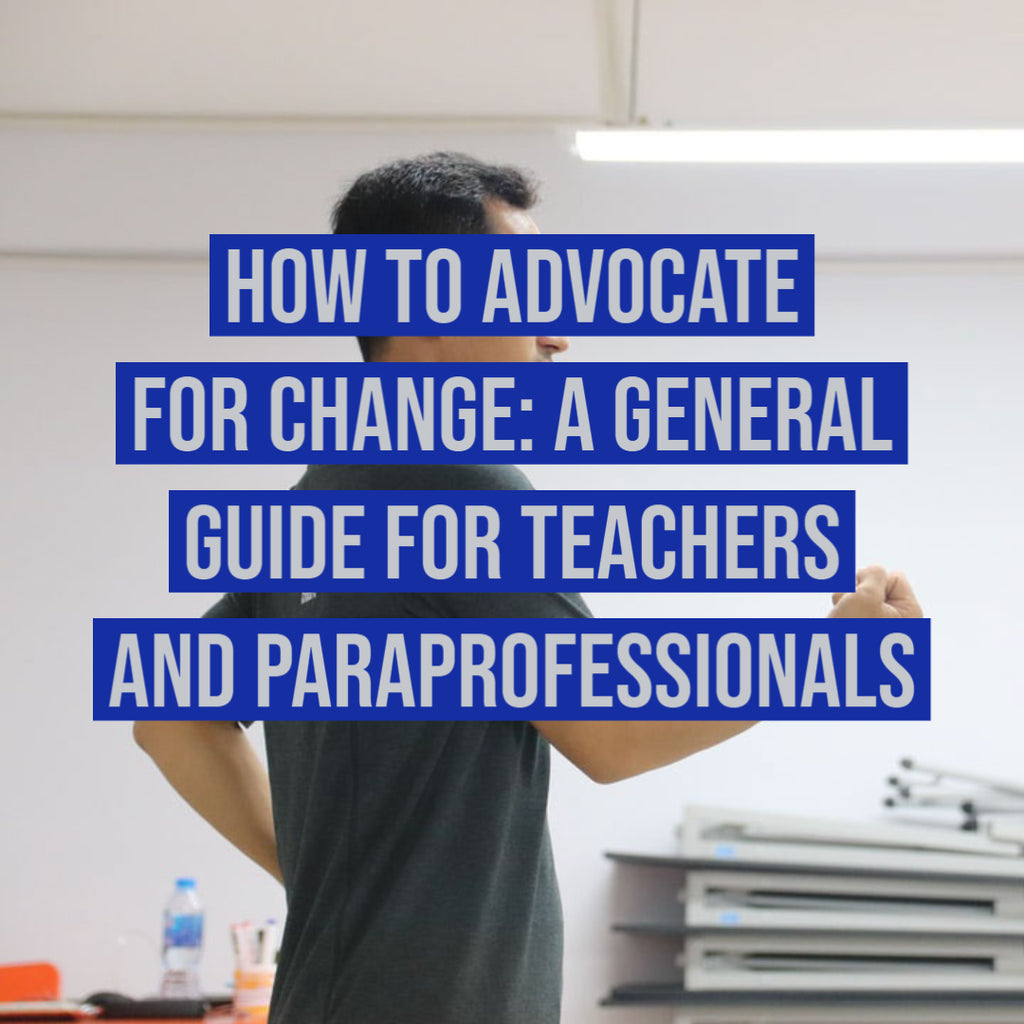
How to Advocate for Change: A General Guide for Teachers and Paraprofessionals
Listen So far in this series, we’ve talked about narrowing your focus to one specific need or complaint, gathering others to help you make a change, and identifying the decision-maker(s) you should address in asking for changes.Today we’ll focus on something many teachers overlook or skip: doing your homework. We’re...
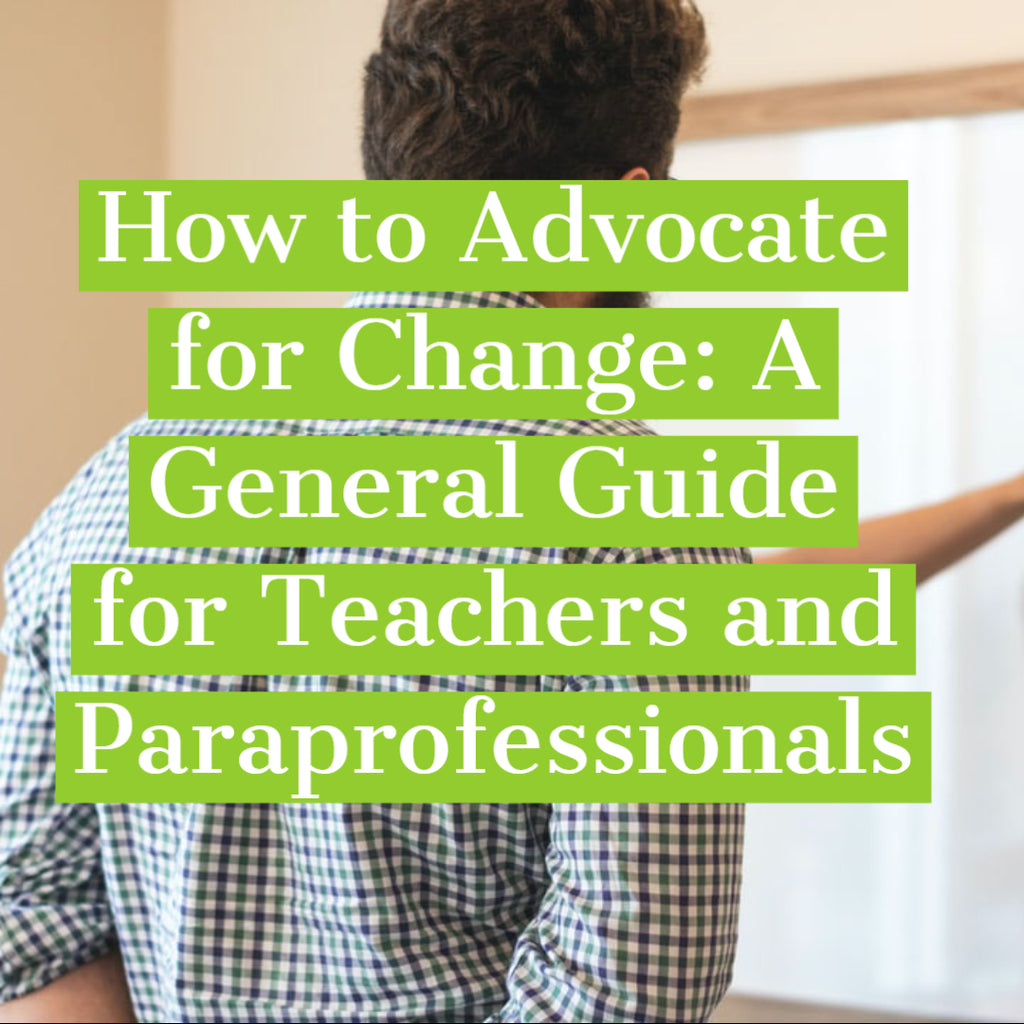
How to Advocate for Change: A General Guide for Teachers and Paraprofessionals
Listen In our last post, we talked about the need for educators, as the only experts in the field currently, to step up and share information about what they and their students need especially in this time of pandemic and unrest. On the whole, teachers do not like that they...
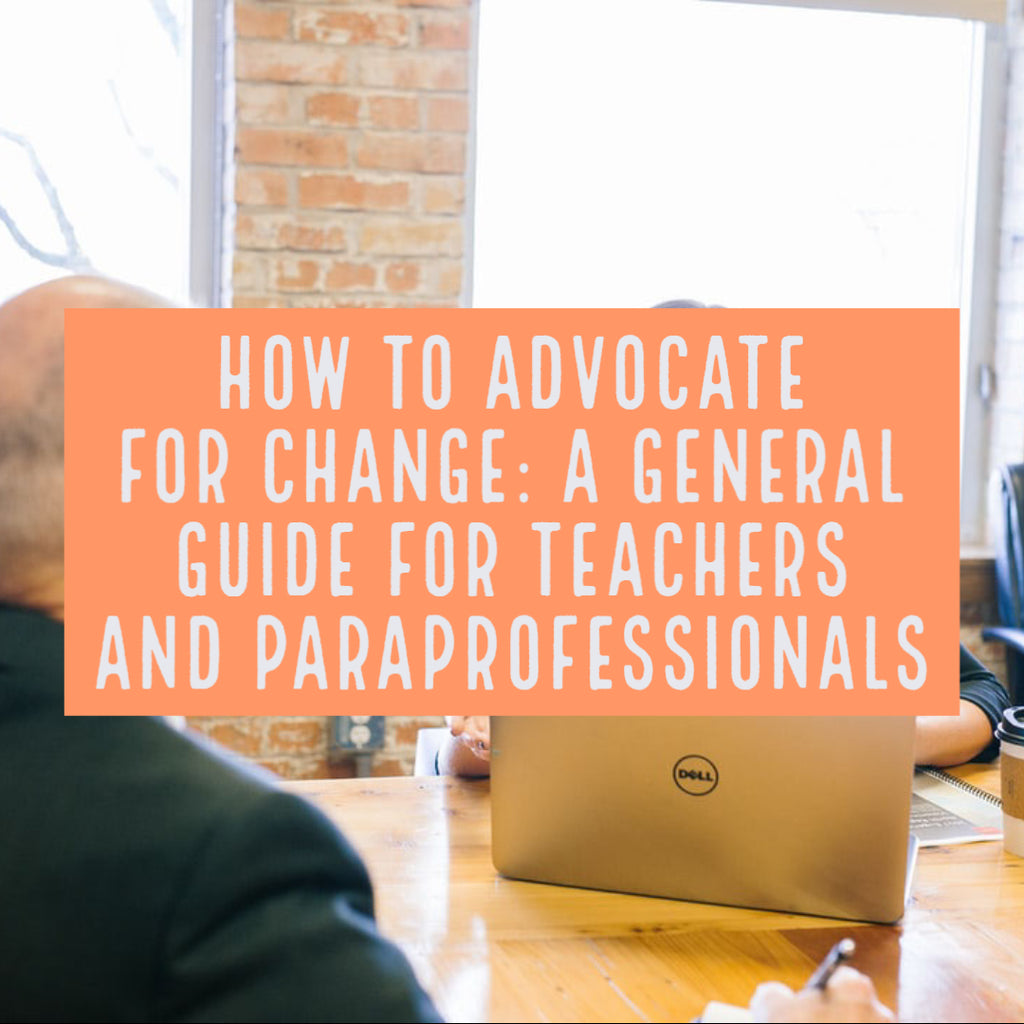
How to Advocate for Change: A General Guide for Teachers and Paraprofessionals
Listen We’ve already established that the experts on what is going on with you and your students in crisis learning, remote learning, and the changes coming to education in the near future are teachers and the students themselves. Yet many teachers feel (as they always have in education) completely powerless....
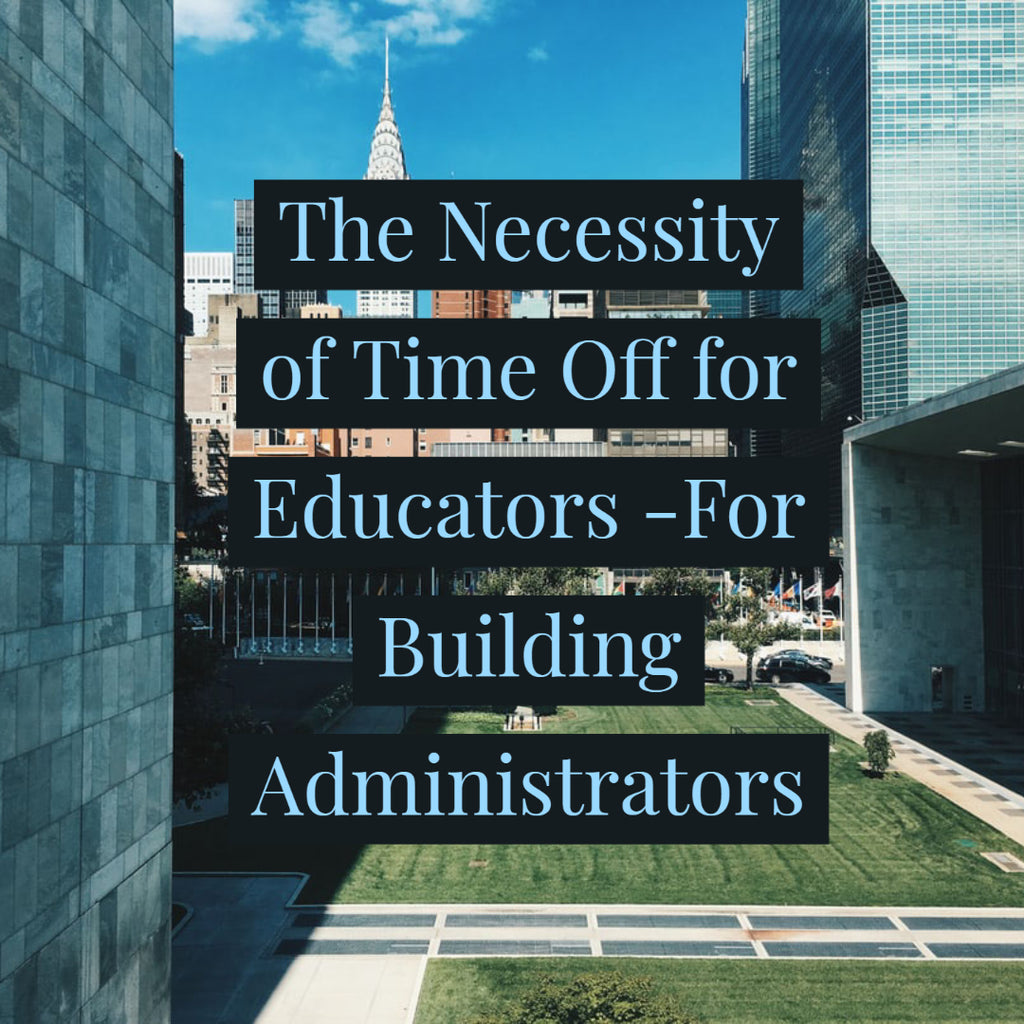
The Necessity of Time Off for Educators -For Building Administrators
Listen Countless educators made the sudden switch from face-to-face learning to crisis remote learning this year and have been working 10 to 12 hour days just to stay on top of things for months. Now that the school year has come to a close, many of those educators are exhausted,...
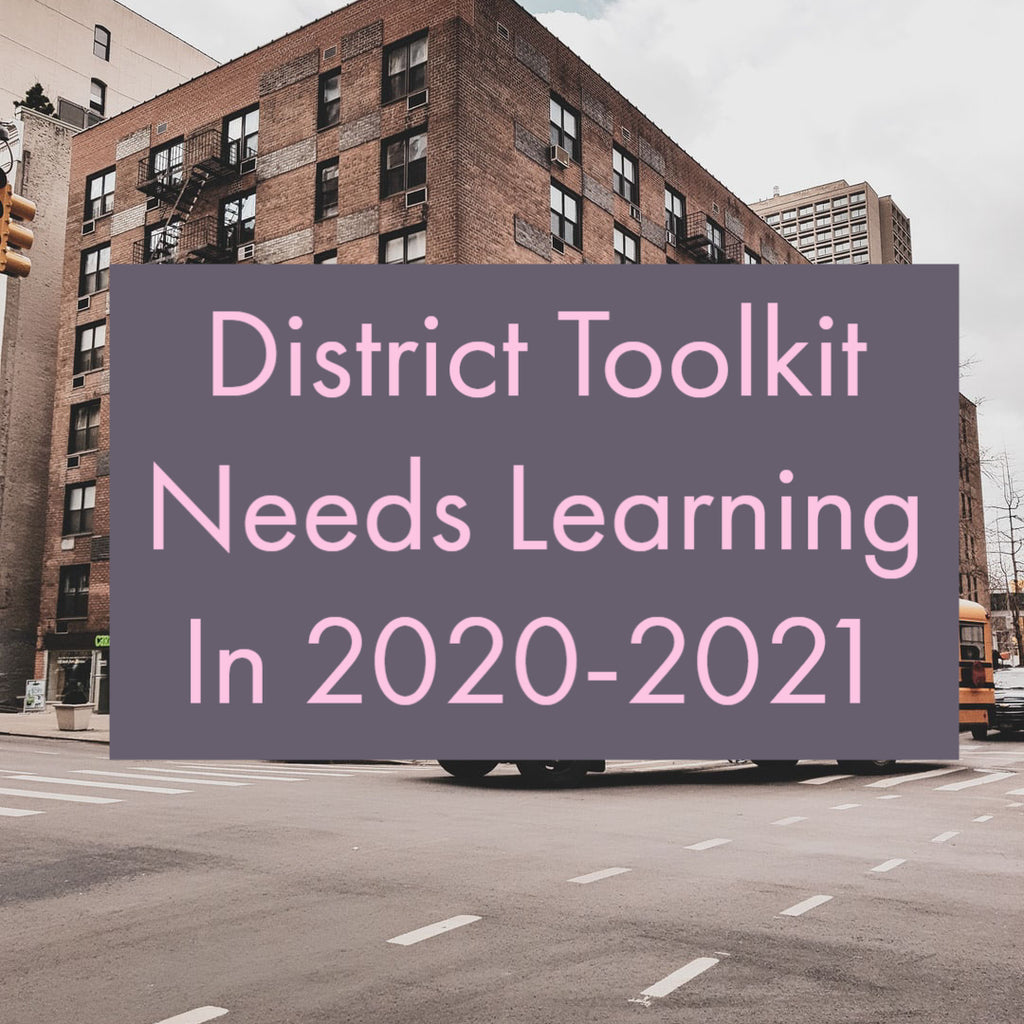
District Toolkit Needs Learning In 2020-2021
Listen States and local districts across the United States are preparing to pivot away from crisis learning and toward something a little more stable and workable for the 2020-2021 school year. As educators and former educators ourselves, we can see the daunting tasks district and building administrators are facing that...
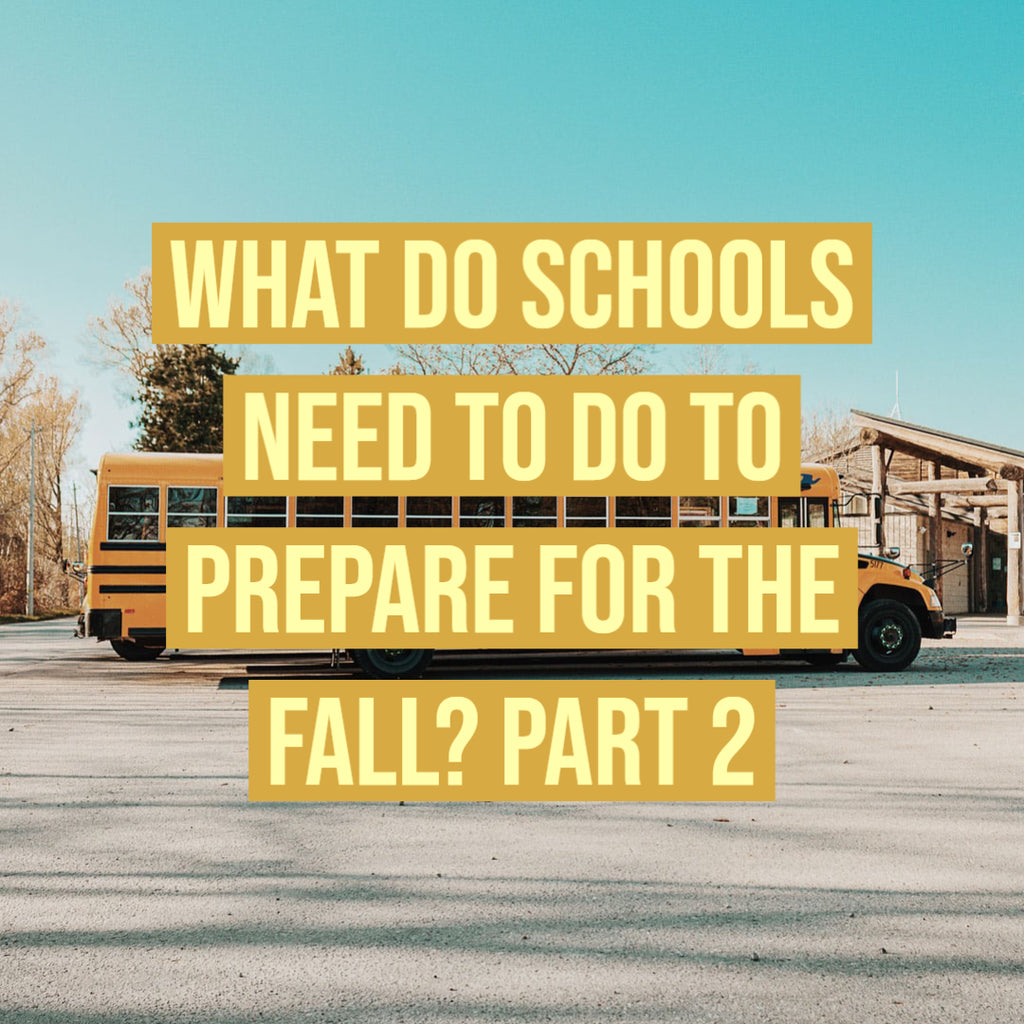
What Do Schools Need to Do to Prepare for the Fall? Part 2
Listen In our previous article in this series, we addressed the fact that schools need to prepare plans A, B, & C as well as a hybrid of the three and the fact that teachers will need continued support. Consider Accessibility for Both Students and Teachers The last three months...
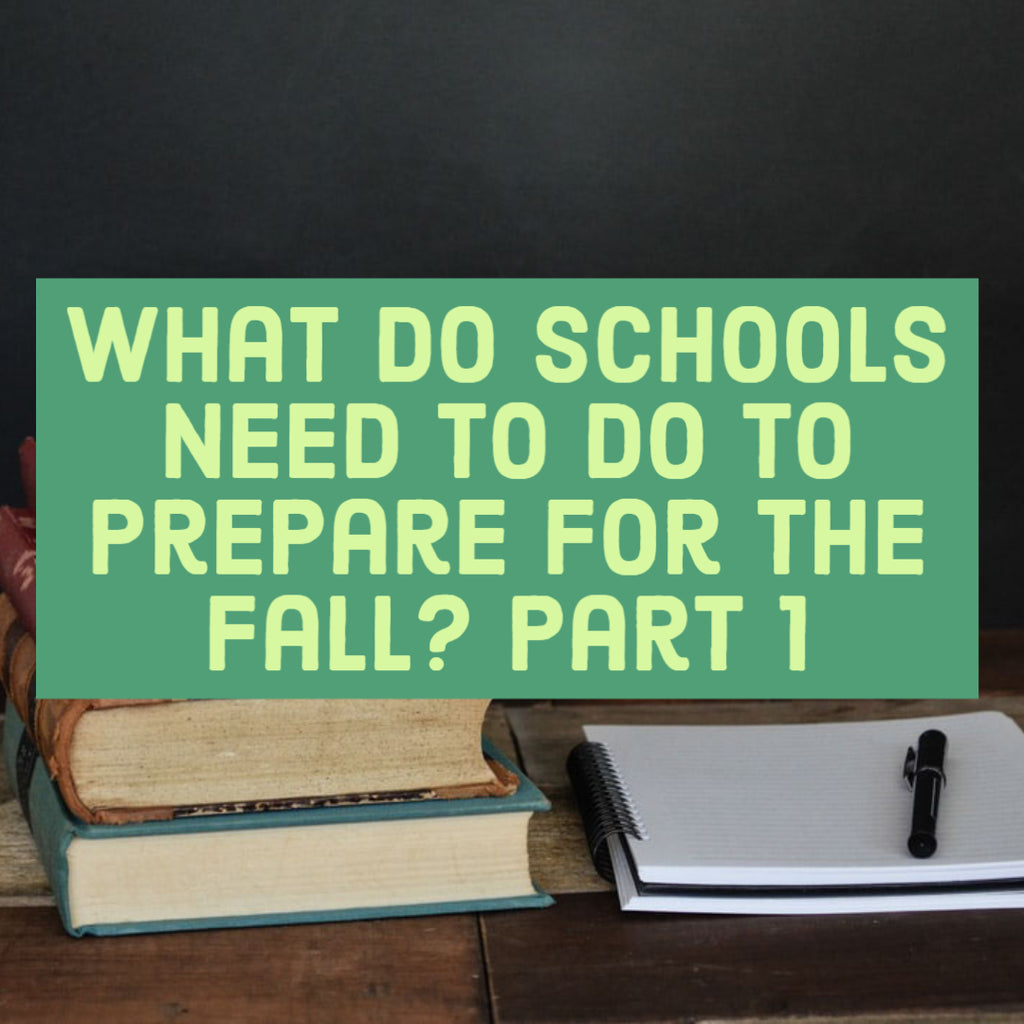
What Do Schools Need to Do to Prepare for the Fall? Part 1
Listen We only have three months to get ready for whatever school is going to look like in the fall. With so many unknowns, we are all having to plan for several different scenarios. One of the big lessons learned from the experiences this spring is that we have to...
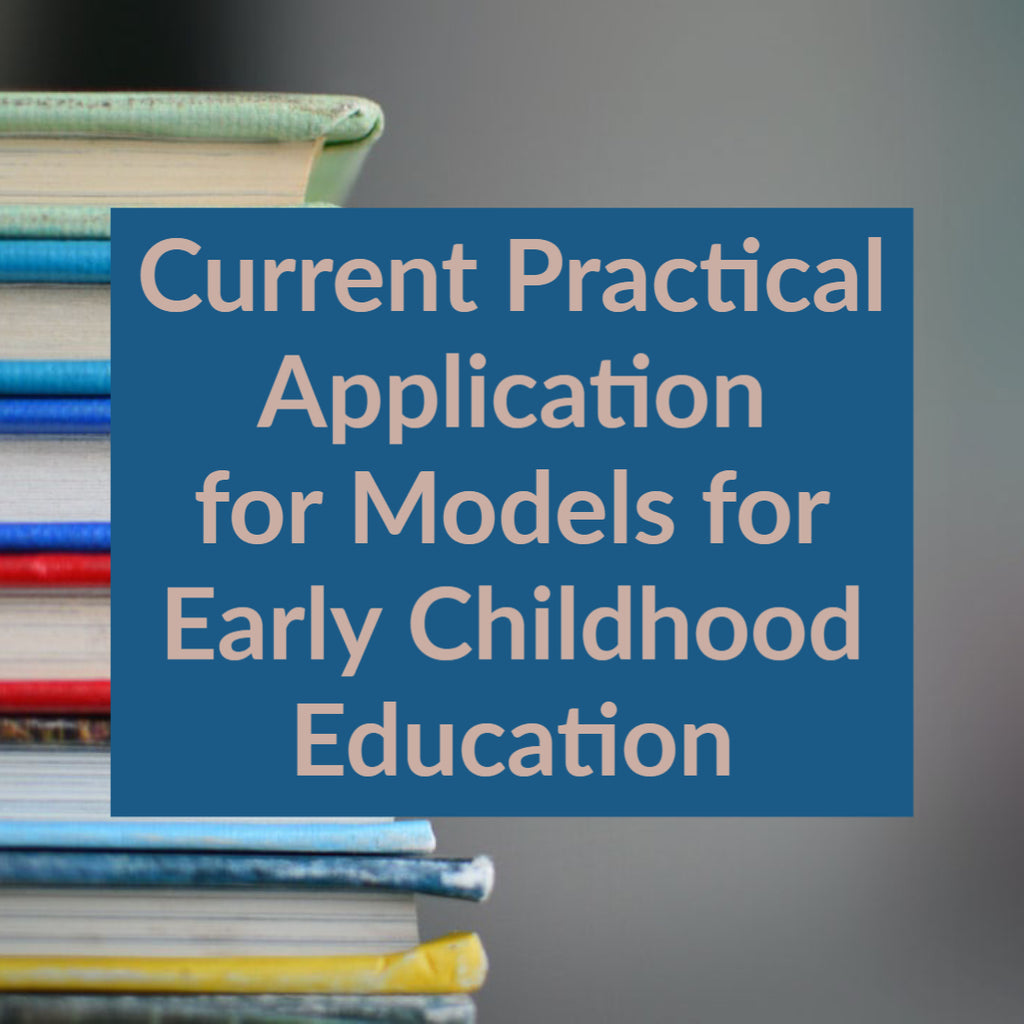
Current Practical Application for Models for Early Childhood Education
Listen Every day of the pandemic seems to create more questions and fewer answers on how to educate our youngest students. However, in their fear, worry, and caution, educators may be forgetting that there are some excellent models already in existence from which we can pull experiences and resources that...
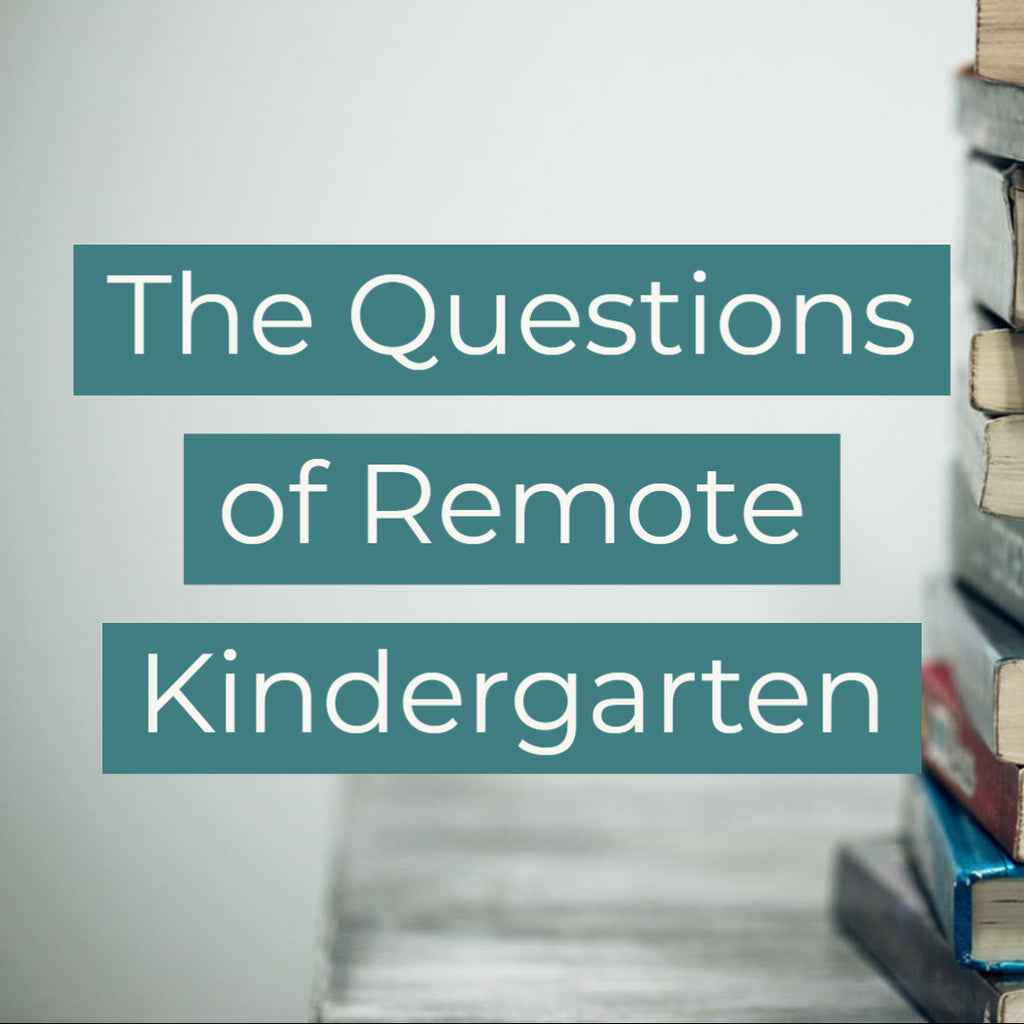
The Questions of Remote Kindergarten
Listen Among the most vocal against remote learning have been the early childhood teachers - and with good reason. It’s very difficult to reconcile what we know about early childhood, young children, and learning outside the walls of the classroom with lessons based online, meeting in a chatroom for lessons,...

Blended Learning in the Secondary Classroom
Listen Secondary teachers have been experimenting with blended learning for a while now. “Flipped Classroom” has definitely been on buzzword lists for several years, but for most teachers, it is just another experimental, trendy practice that will hopefully go away soon like so many other fads that have come through...
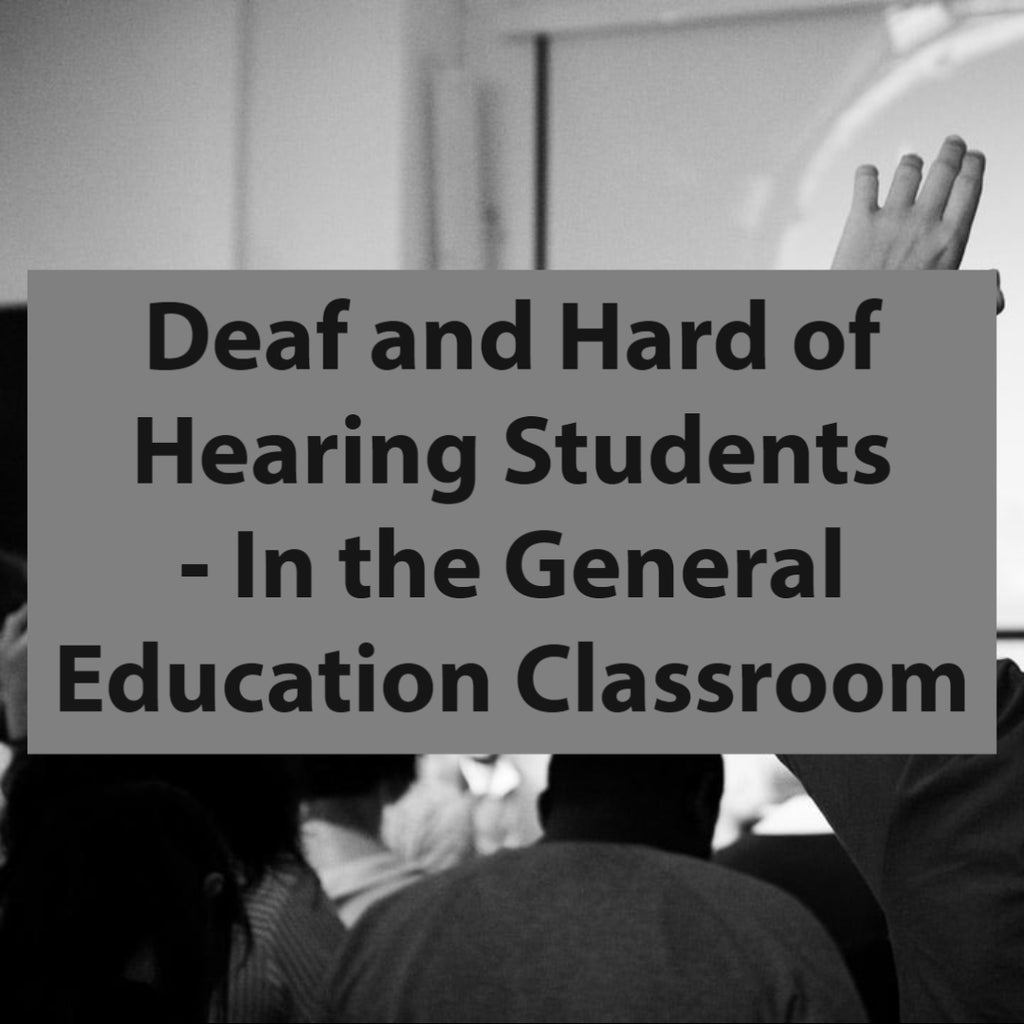
Deaf and Hard of Hearing Students - In the General Education Classroom
Listen Most students who are born with serious hearing impairments are identified as infants or when they are very young. By the time they enter the general education classroom, they’ve got an I.E.P with accommodations., assistance as needed, and a support system in place. However, if you’re teaching a student...







